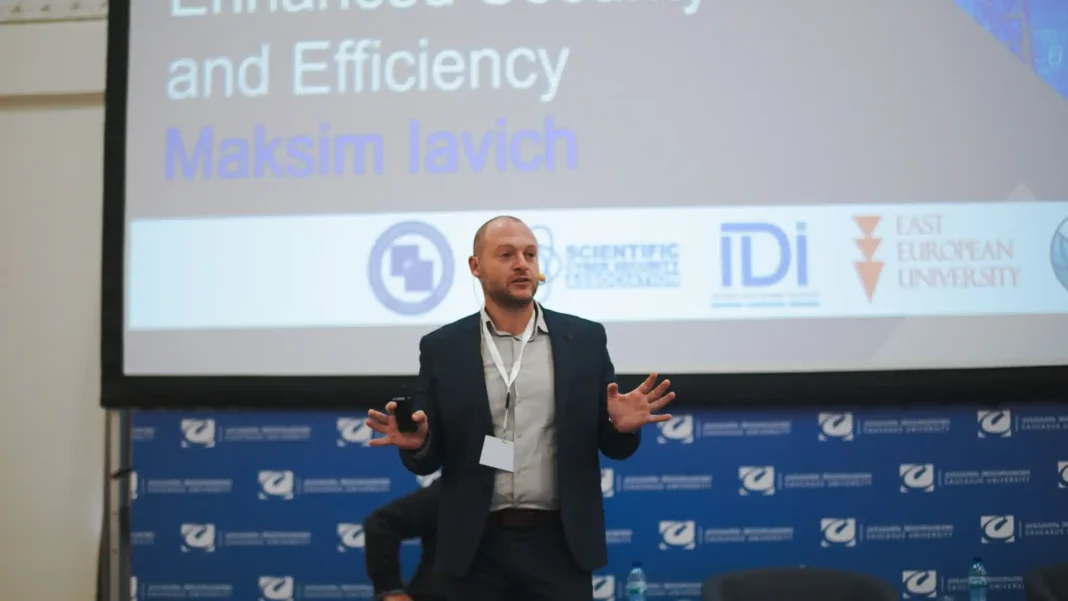Tbilisi: A two-day international scientific-practical conference with a special focus on cyber security at Caucasus University, was successfully completed.
The conference brought together digital experts from different regions of the world to discuss the challenges in the field.
The meeting while discussing the measures to create cyberspace also discusses the results of innovations and scientific, practical and experimental research in the field of communications and security.
During this important event, participants engaged in lively discussions on critical topics such as current cyber security challenges, internet fragmentation, cryptography, post-quantum cryptography, ethical hacking, consumer security, cyber warfare terrorism etc.
The listeners who came to the conference were actively involved in discussing various critical topics both in the question-and-answer mode and in the discussion mode.
The main speakers were from government institutions of different states as well as from the private sector and scientific research communities.
These people’s theoretical and practical research and experience made the conference even more exciting and productive. The meeting organizers express their special gratitude to them.
The meeting organizer also expressed special thanks to partners, co-organizers, and about 400 guests, whose active participation contributed to the exchange of ideas and cooperation.
The conference hosted by the Caucasus University also emphasized the important role of interdisciplinary cooperation in solving the multifaceted challenges of telecommunications and security.
According to the organiser, we look forward to further collaboration to advance this critically important area, fostering new international and local collaborations to create safe cyberspace.
It is worth noting that the conference was financed within the grant competition CG-24-220 of Shota Rustaveli National Science Foundation of Georgia. Some experts also said that advanced technology poses a serious threat to internet users.
Cybercriminals have their networks in more than one country. Due to the transnational nature of crime, law enforcement agencies find it difficult to track the origin of crime. Experts also called for joint global action to tackle the global problem.



